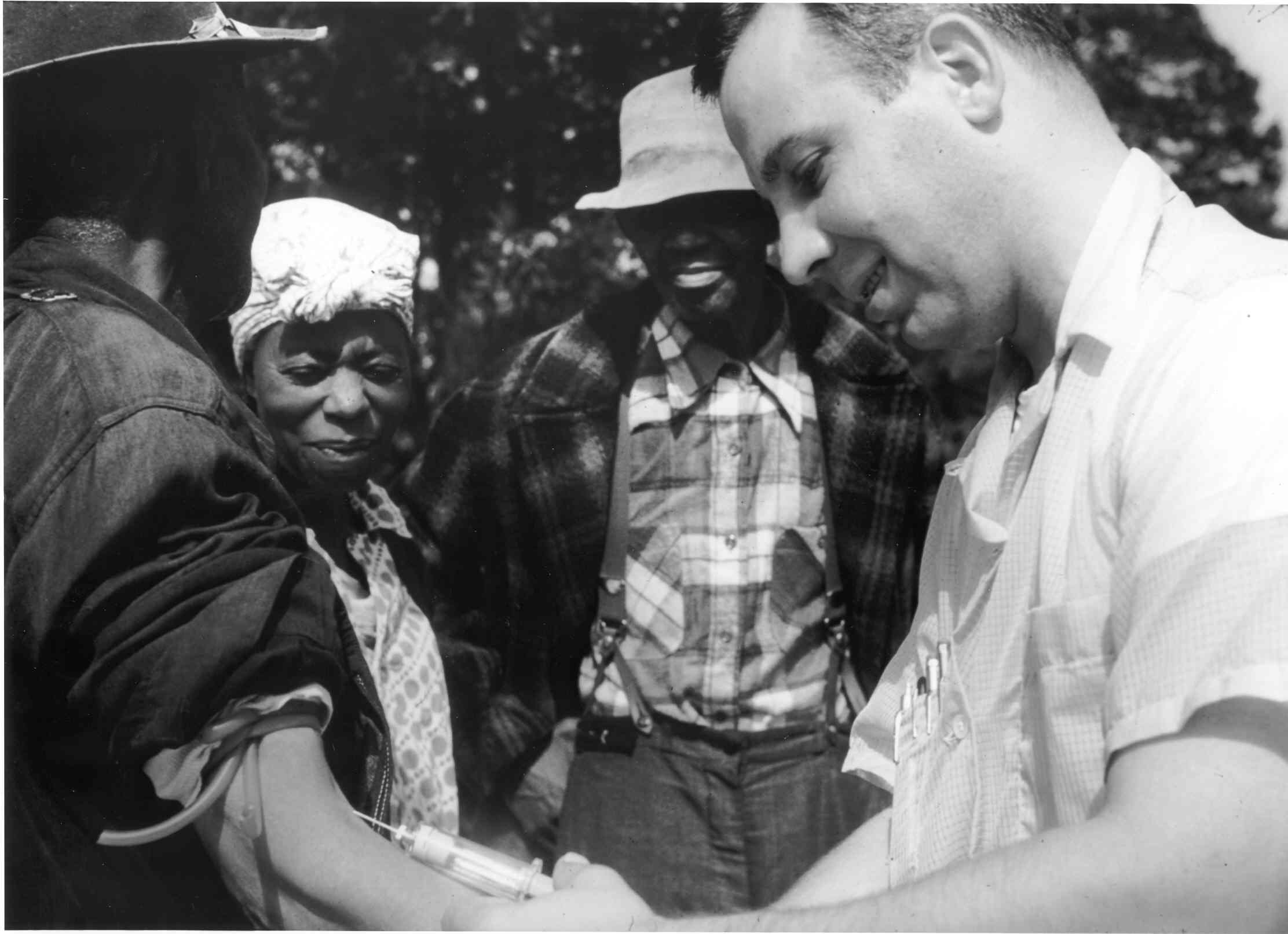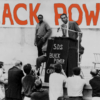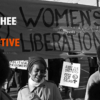In 1932 the United States Public Health Service commissioned a study on the effects of untreated syphilis. 600 poor black men from Alabama were selected to be a part of the study and were told that they were being reviewed for “bad blood.” From there, the Tuskegee Study took a turn for the worst.
Medical professionals were able to successfully diagnose two-thirds of the men in the study, and by 1940, a known treatment was available. But, instead of offering treatment, medical professionals opted to chart the course of the disease versus offer the known cure to the black men. In would take over 40 years before this study officially ended, and even longer before an official apology came from the United States government.
In this episode of Black History in Two Minutes or So hosted by Henry Louis Gates Jr. — with additional commentary from Imani Perry of Princeton University and Hasan Jeffries of Ohio State University — we relive a horrific moment of unethical treatment and deceptive practices that still haunts African-Americans today.





































